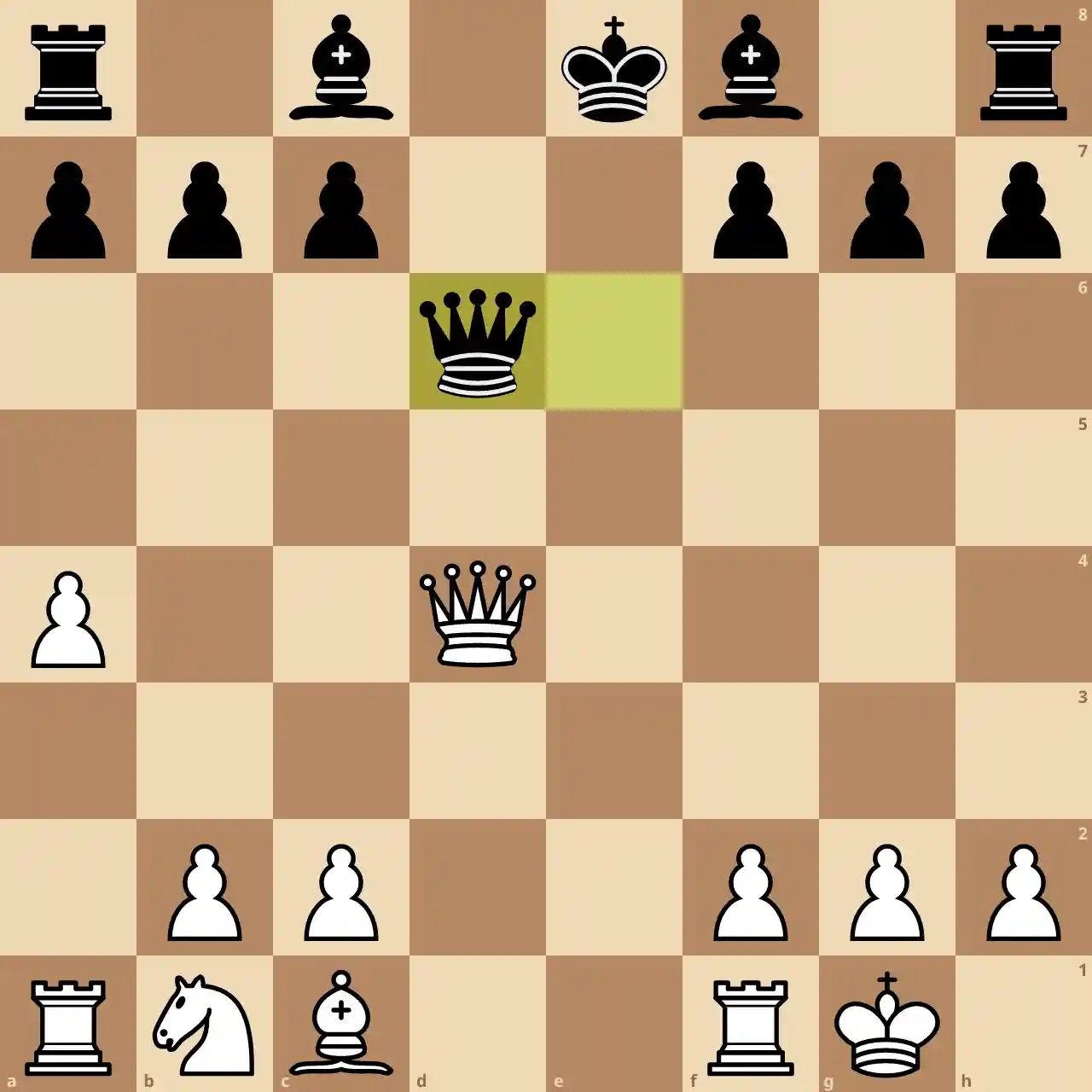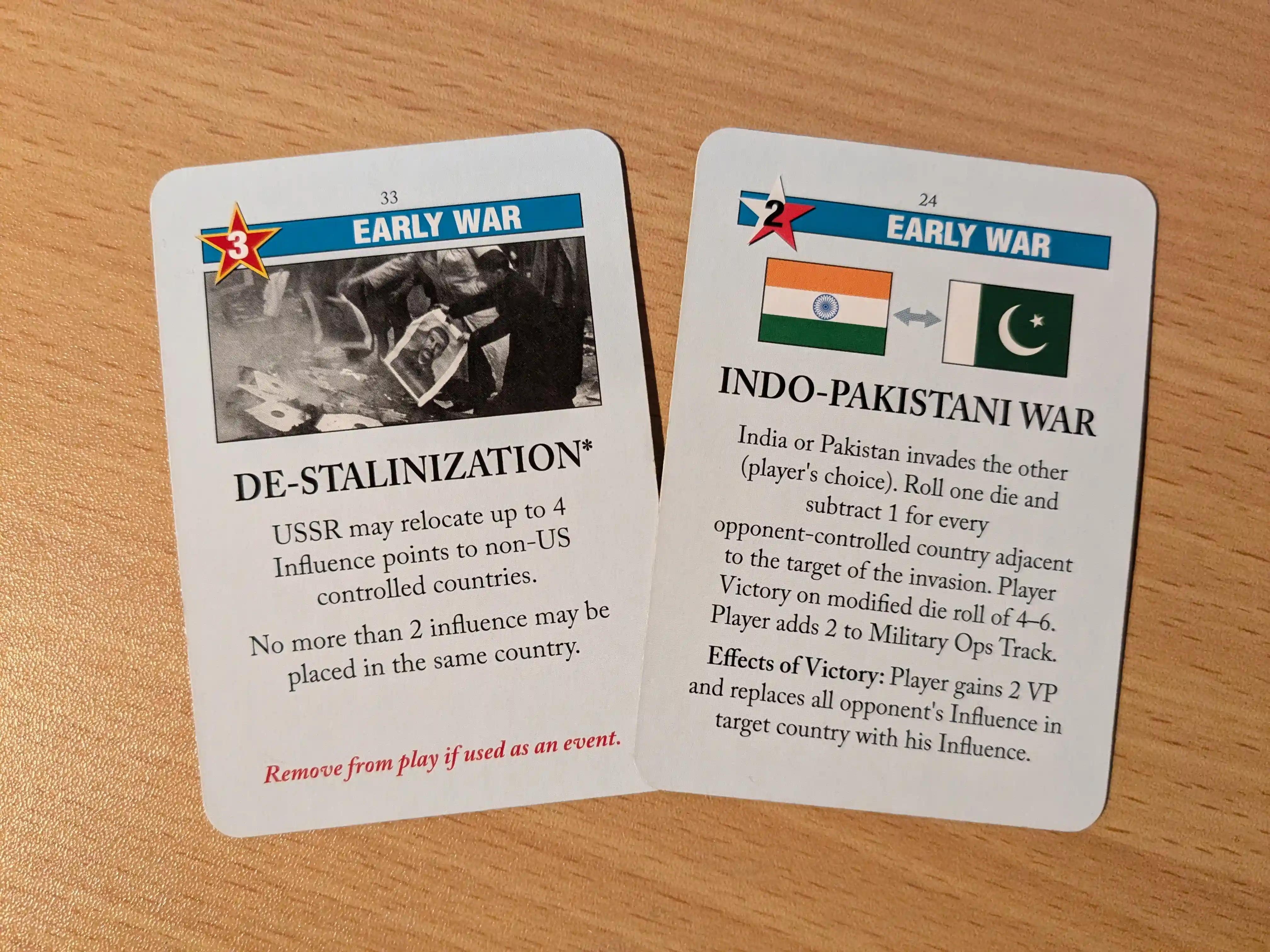Well Salted Board Games
While I enjoy a good game of pure chance now and again, I prefer games where strategy and tactics rule the day. Even so, I believe there’s a time and place for luck in board games. Not every game should be chess (or Diplomacy).1 Done properly, luck and hidden information enhance a game of strategy—bringing variety to games, allowing players who are losing to catch up, and forcing even the best players to learn how to play from behind.
Problems with Chess
Games of pure strategy have a problem. We need look no further than chess to see what happens to a game where there is no element of chance and no hidden information. Chess is a brilliant test of tactical and strategic thinking, but many people find it dull because there are so many draws and an entrenched metagame.
Both of these unfortunate characteristics follow from its design. A fixed starting setup with no elements of chance or secret information means the opening is largely solved. In lower level play, there’s more possibilities for theoretically suboptimal openings, but at the highest level, play collapses into the same openings again and again.

The Berlin Draw is perhaps the most common draw in professional chess, requiring just 14 moves.
Higher level chess play also results in many, many draws. This is inevitable for any fair game without luck - a game of pure strategy can only be fair if no player can force a win from the beginning position. This demands a draw if neither player makes a mistake.
Luck in Small Doses
It is easy for a game to move too far in the other direction. An extreme example is the childhood classic: Candyland.2
Candyland involves no player choice at all. The outcome is entirely a function of random chance. While there’s some suspense and drama as players get stuck or pass each other on the board, there is no way to impact your fate. Candyland is generally unfun for me.
There’s a nice middle ground between Candyland and chess. Strategy games, but with a dash of luck. Rather than robbing players of agency, these games use luck and hidden information to broaden possible gameplay. A standard example is one of my favorite board games: Twilight Struggle. Twilight Struggle masterfully incorporates chance.
Twilight Struggle is a Cold War themed game centered around a deck of unique cards. Instead of resigning players to a game determined by how the cards fall, or eschewing chance altogether like chess, Twilight Struggle uses luck to enhance the strategy of the game. Every card will be drawn by one of the two players eventually, but where and when key cards land is critical. It’s essential to continually consider multiple contingencies to master the game. Good strategy involves playing around cards your opponent may not even have! Twilight Struggle captures the paranoia of the Cold War wonderfully in this way.

The timing and control of key events like De-Stalinization and Indo-Pakistani War can dramatically change the outcome of a game of Twilight Struggle.
Twilight Struggle also encourages risk taking with all-or-nothing “war” cards that hinge on the outcome of a single dice roll. While these cards clearly swing the game away from strategy and towards luck, they enrich game variety. When there’s an upset in an outcome, it can provide a path back to victory for a trailing player, or send the game in an entirely unexpected direction. Because every card is different and dice rolls are random, it’s all but certain that after the first turn your game is entirely unique. It has never (and will never) play out exactly the same way. That is pretty cool.3
Even better is the kind of thinking this variety demands from players. Rather than pressing their advantage, the leader in a game of Twilight Struggle needs to play cautiously and insure themselves against future bad luck to remain ahead. One can’t simply coast, avoid mistakes, and win off the back of a small advantage as in chess.4
Similarly, a player who is behind must learn to play to their outs—what is the most likely sequence of events that can get them back in the game?
Conclusion
Why do I prefer a game like Twilight Struggle to a game like chess? I think it’s because real life involves risk and unknowns. Chess asks you to pretend a battle is a precise and mechanical affair.5 Twilight Struggle accepts that the world is messy. Good plans can fail, yet the game goes on. It’s remarkable to lose, but be happy you played better than your opponent.
Luck in a game is like salt on a dish. Too much, and you’ve ruined it; too little, and it is bland.
Designers—salt your games!
Footnotes
-
At the time of writing, my brother is the reigning midwest champion for Diplomacy, and generally beats me at the game. He’s also better than me at chess. These things may color my judgement. ↩
-
Candyland is great for kids. It teaches color recognition skills, and makes it possible for the average 5 year old to beat their parents. It’s not the kind of game I enjoy playing, though (excepting a cute kid). Every game has its use. ↩
-
Chess has a wonderful possibility space, especially at lower levels. But at the highest level, it is not uncommon to see occasional duplicates of games. Granted, some of this is due to the sheer mass of recorded games of chess. ↩
-
And memorizing game lines is of pretty limited use! Although there are patterns of play and recurring strategic and tactical themes, one must learn the motifs (and when to break them) rather than prepare for any specific scenario.
To be fair, chess has a good deal of this as well, which I count as a big positive for the game, and part of why it has flourished. ↩
-
To be fair, games in general will never be an accurate simulation of that which they depict. I don’t think games should try to be a facsimile of their subject matter. Some hardcore wargames go in this direction and aren’t fun for most people.
But I do think there’s an art in capturing elements of the game subject within a game’s design. Good physical pieces, rule design, and gameplay design add to the play experience. My favorite games all capture their subject matter in a way that just fits. ↩